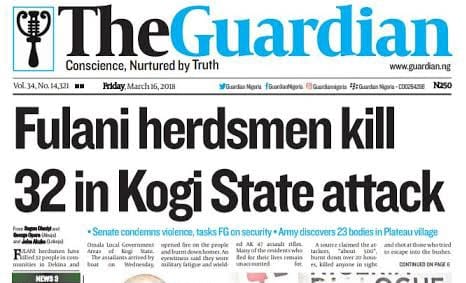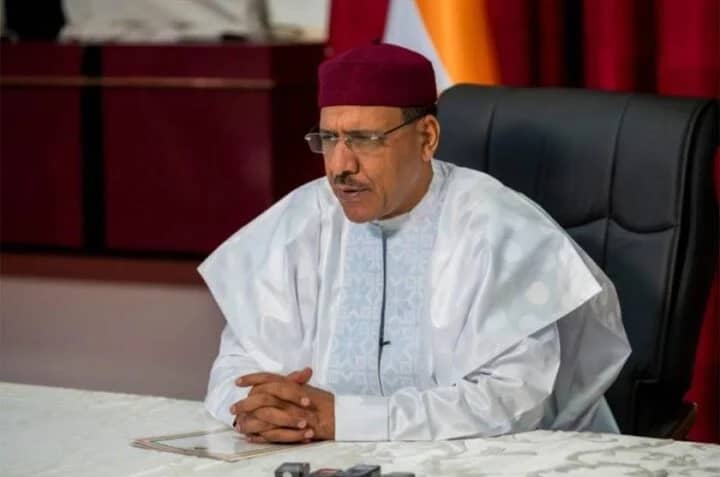Mali’s military-run National Transition Council (CNT) recently voted unanimously to extend the transition from military to civilian rule for another five years, renewable as needed. Every member voted in favour, with no one opposing the decision. The decision, reached on July 3, along with the approval of President Assimi Goïta and other transition officials to contest future elections, reveals a major shift in the Sahel state’s political landscape.
Set against a backdrop of relentless jihadist insurgencies and a divided political opposition, this move raises serious questions about the country’s stability in the midst of a conflict against insurgency, and the possibilities of a calculated bid to implant military power.
The decision comes as Mali continues to confront Tuareg separatist rebels and Islamist groups who occupy territories in the north of the country, following a decade-long crisis. The United Nations (UN) reports that over 400,000 people remain displaced, with jihadist groups fighting government forces as they push to reclaim occupied territories.
The military coups in 2020 and 2021, led by Goïta, which toppled President Ibrahim Boubacar Keïta, promised transition to civil rule within a time frame, but its refusal to leave office has seen political opposition grow. ECOWAS mediated an 18-month transition that would have seen elections held in 2022. The regime decided not to implement it, insisting that it would address security challenges first.
The extension, which will take effect when the revised charter has been passed, allows flexibility to shorten the period if elections become feasible sooner. The CNT’s move suggests a belief that five years, or more, could enable a military-led pacification, a gamble that depends on ending an insurgency that has outlasted multiple governments.
A part of the amendment that has been strongly opposed is the decision to allow Goïta and his allies to contest in future elections. There had been worries of a tightening grip on power after Goïta’s promotion to general in October 2024 and the restrictions on political parties on May 13, this year.
This move follows the trend in Burkina Faso and Niger, where the military leaders have extended the transition period because of instability. There have been several reports on Mali’s declining political freedoms and the expansion of the powers of the military leadership in 2025. This move towards total control has been on for some time. In 2023, several opposition groups refused to attend the constitutional referendum that expanded presidential powers and granted immunity to military officials.
Supporters of the regime say the new extension is a sovereign decision, and does not require international endorsement. Others have voiced dissent, warning of unaccountable governance and calling for elections. The unanimity of the CNT vote, comprising junta loyalists, civil society, and former opposition figures, raises eyebrows. Critics suggest it reflects coercion or co-option, a concern voiced in analyses from the Institute for Security Studies, which highlight the CNT’s lack of independence since its inception in 2020.
The integration of the 2023 Constitution into the revised charter, giving it preference over conflicting provisions, is intended to lend legal weight. Promulgated after a contentious referendum that was boycotted by key opposition groups, the constitution expands presidential authority, a move some see as tailoring the system for Goïta’s total control.
Mali’s 1991 transition, post-Moussa Traoré, saw military rulers yield to elections within a year, a process aided by a cohesive opposition. With the current divided political environment, made worse by the disbanding of political parties, hopes for progress have faded. The country’s departure from transition has strained relations with ECOWAS, which resulted in suspension and sanctions after the coup in 2020.
According to an official report from 2024, Mali has seen a 15% decline in violence in the centre, but the northern borders remain vulnerable. Political observers say the extended transition promises stability. However, without integrative policies it could isolate groups already doubtful of State authorities.
Popular opinion teeters between hope and pessimism. Many call for vigilant scrutiny, hinting at potential unrest. The 2023 protests against French forces, which morphed into demonstrations against the regime, suggest that many Malians are frustrated with unfulfilled promises. A 2025 Afrobarometer survey found 60% of Malians support the military’s security role but only 30% trust it to deliver democracy, a delicate balance Goïta must manage.
The extended transition’s success depends on tangible security gains. If the junta can reclaim key territories and rebuild trust, it might justify its tenure. A 2021 data from the Journal of Democracy had, however, warned that prolonged military rule often neglects institutions, with Mali’s 1990s democratisation offering a rare counter-example.
The renewable five-year term introduces a wildcard, each extension could deepen dependency on Goïta’s leadership, potentially inviting another coup if rivals emerge. There have been calls on the junta to address opposition demands for dialogue, perhaps through a reformed CNT. Many believe that, without this, the risk of parallel governance, armed groups or local militias filling vacuums, grows.
The CNT’s vote is less a conclusion than an opening gambit in a high-stakes game. For Goïta, it is a chance to prove his vision and a test of endurance. There are hard choices to be made ahead. Whether this transition brings about a stronger Mali or a militarised stalemate will depend on actions, not just amendments.












Drive sales, earn big—enroll in our affiliate program! https://shorturl.fm/EaI1i
Start profiting from your network—sign up today! https://shorturl.fm/9VjVp
Tap into unlimited earning potential—become our affiliate partner! https://shorturl.fm/ghJQz
https://shorturl.fm/ycMqz